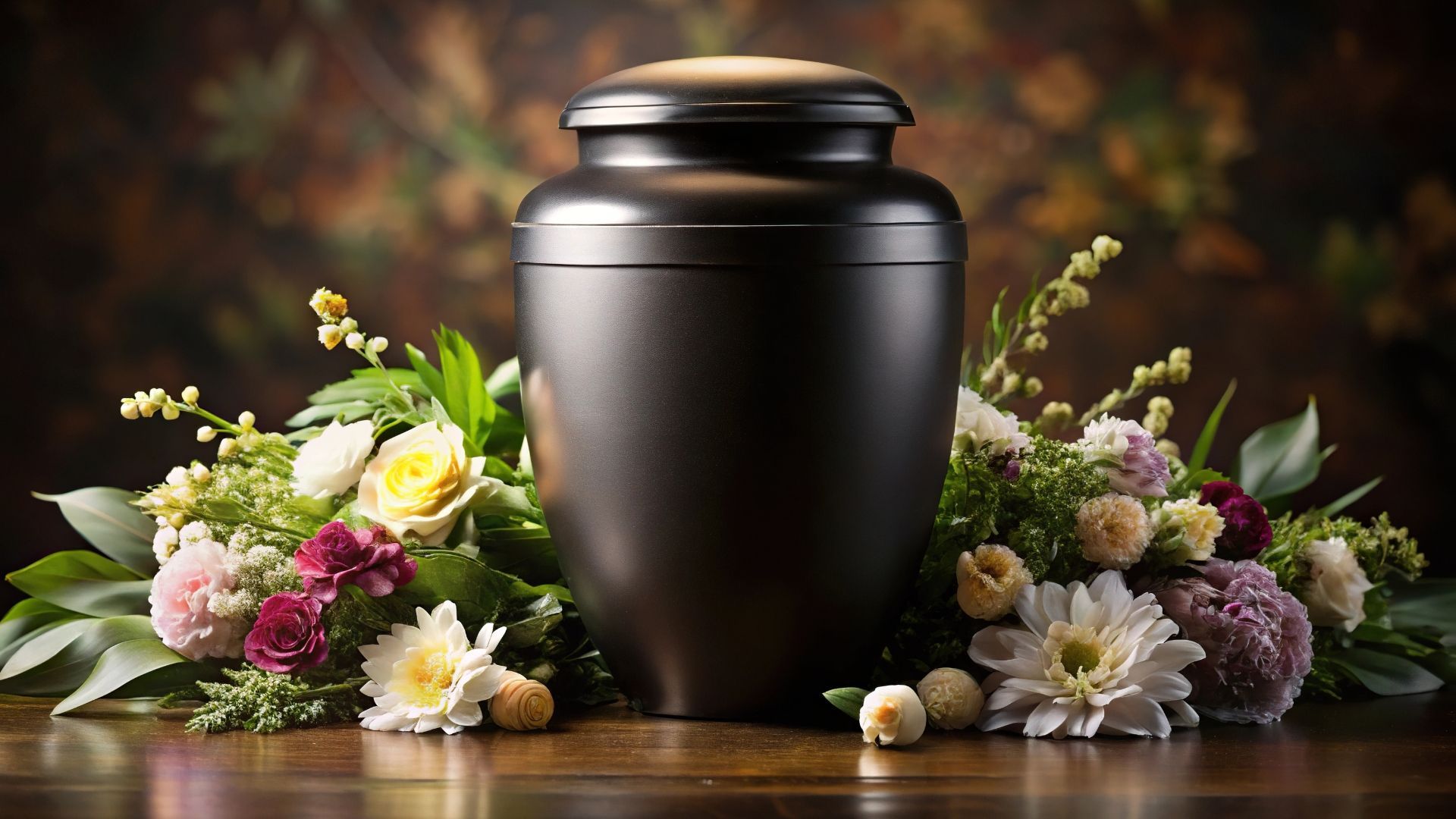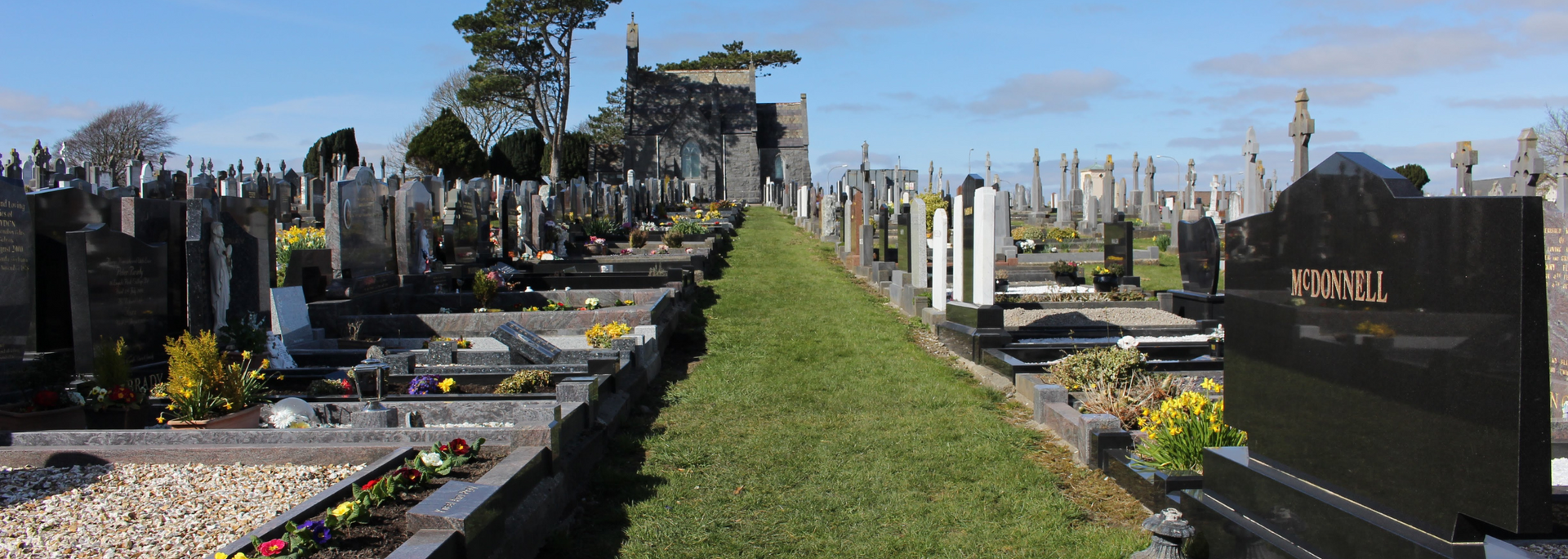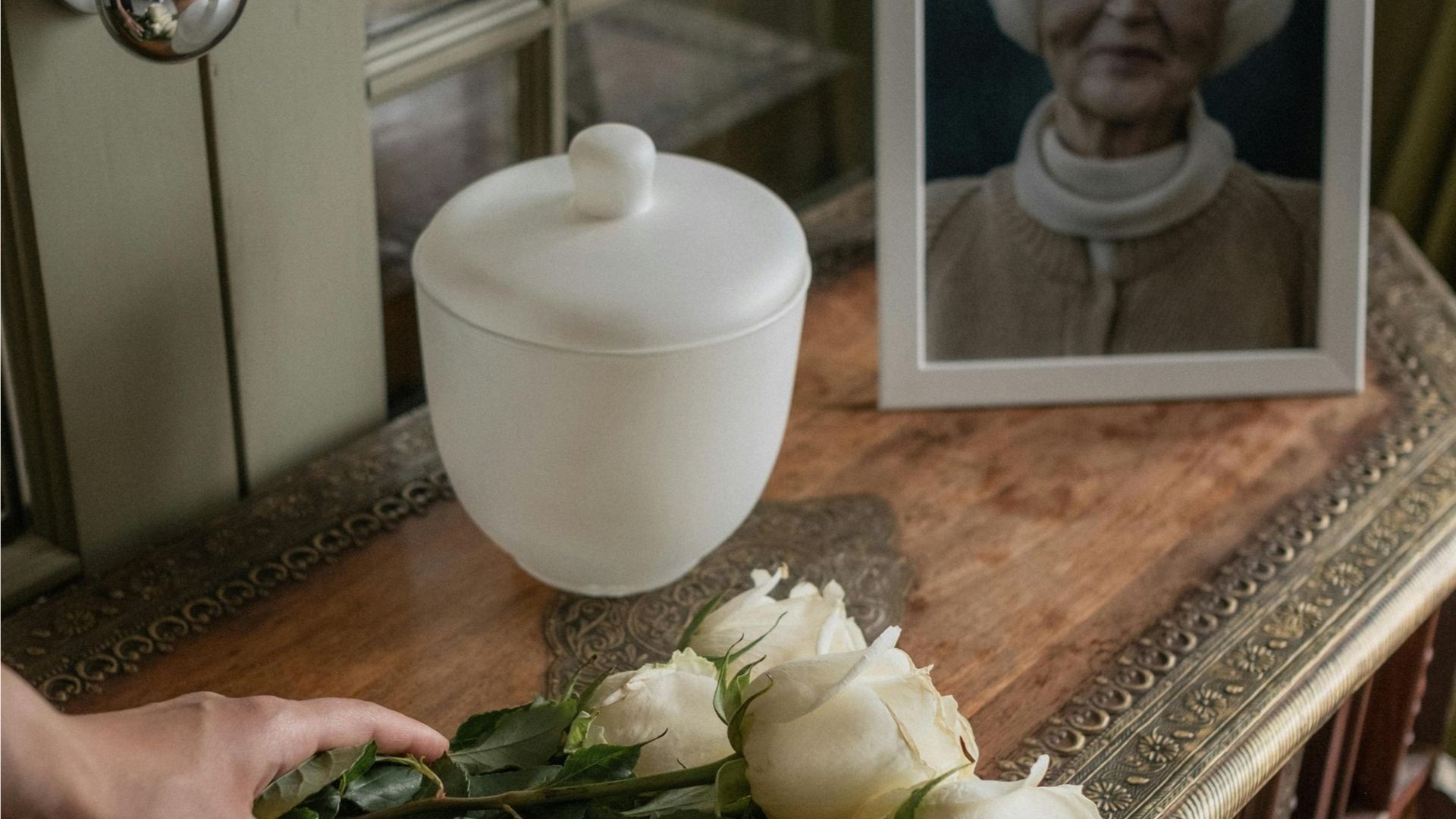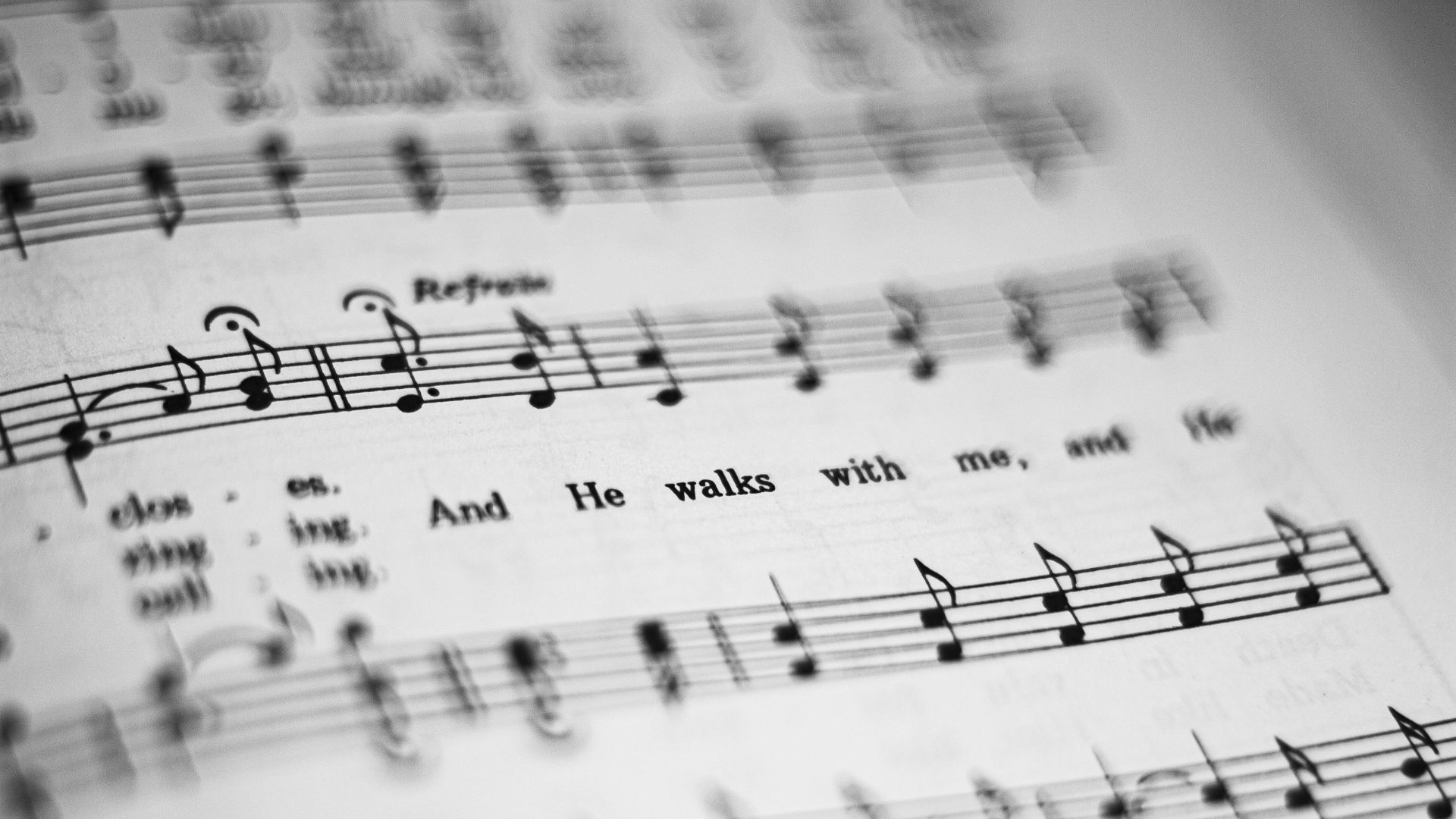Burying ashes: what are your options?
When a person dies, you may want to bury their ashes. Discover your options in our easy-to-follow guide.

When a person dies, you have the option of burying their ashes. This is different from scattering them.
Ashes can be buried in a cemetery, churchyard, crematorium, woodland burial ground or on private land. If you want to bury them on private land, however, you need to either be the landowner or get the landowner's permission.
The choice of location will depend on a few things. It will depend on the person who died. If they loved nature, for instance, you might think it most suitable to have their ashes buried at a natural burial site.
It depends on how much you've budgeted for the burial. Different burials have different costs, as do additional memorials such as benches, plaques and columbariums.
It will also depend on the religion of the person who died and their surviving family members. Catholics, for instance, have to follow specific guidelines about the burial of ashes.
It's also important to say that this article is only about burying ashes in the UK. If you want to bury ashes elsewhere, there may be other rules and regulations to follow.
When a loved one dies, it can be difficult to know what needs to be done. Emotions often run high. For many people, this makes the decision-making process difficult.
For this reason, we hope this article helps you understand your options at a difficult time and choose the most appropriate option for the person who has died.
Burying ashes in a memorial garden
In the UK, many cemeteries and crematoriums have memorial gardens. These are quiet, often landscaped areas set aside exclusively for the burial of ashes.
These memorial gardens also offer different types of memorials. You can get a plaque, for instance, a bench or a tree.
Some memorial gardens also offer columbariums. These are structures, usually made of stone, which house urns containing ashes.
Burying ashes in a cemetery or churchyard
You also have the option of burying ashes among other graves in a cemetery or churchyard.

To do this, you need to sign a burial plot application form and purchase exclusive rights of burial. This is usually done through the council.
Exclusive rights of burial usually last around 50 years. If you already have the rights, you don't need to apply for the burial plot. It's possible to buy plots next to each other for family members.
Ashes in cemeteries and churchyards can either be buried as they are or placed in an urn first. As with memorial gardens, you often have the option of buying a plaque, headstone, bench, columbarium or other memorial structure.
Burying ashes at home or on private land
It's legal to bury ashes at home or on private land so long as you are the landowner or have the landowner's permission. If you sell the home or piece of land where the ashes are buried, however, you will need permission from the new landowner to visit.
Some places are off-limits. Depending on where you live, this could include War Memorial Parks, conservation sites, nature parks or sites of special scientific interest. Before you bury ashes in any of these locations, you should contact the council for permission.
The
Environment Agency says it's OK to scatter ashes in rivers but not in still bodies of water such as lakes and ponds.
If you do scatter ashes on private land that's not your own, it's important not to leave anything at the burial site that won't biodegrade. Coins, clothes, jewellery and plastic flowers are a few examples.
Natural burial sites
There are now more than 250 natural burial sites in the UK. Some are located on private land and run by the landowner. Others are run by local authorities.
A natural burial site can be anywhere that provides a habitat for wildlife. Often, they're located in woods and orchards.
Natural burial sites are eco-friendly, with ashes often being buried in 100% biodegradable urn-like containers.
One thing to note is that most natural burial sites don't allow headstones. Some, however, let you use grave markers.

What happens when ashes are interred (buried)?
The interment of ashes is a ceremony like a funeral. And like a funeral, there's no right or wrong way to do it. However, the ceremony often goes something like this.
Friends and family get together. The ceremony can be led by anyone but is often a religious head, funeral director or relative. Prayers, eulogies and poems are often read and flowers are often laid.
Different religions have different rules surrounding the burial of ashes. The Catholic Church, for instance, has guidelines on where ashes should be buried.
Who owns a person's ashes?
UK law states that no person can claim ownership of a person's body or ashes. If you are responsible for disposing of a body, you're considered to have possession of it.
Sometimes, arguments about a person's ashes have ended up in court. The rulings given, however, have not been the same in each case. This makes it an area of the law that's still not 100% clear.
How much does it cost to bury ashes?
The price of burying ashes varies a lot across the UK. Contact your local cemetery, council or memorial garden for an exact figure. On average, however,
burial charges come to £1,797 per person.
Where can ashes be scattered?
So far, we've looked at the rules surrounding the burial of ashes. This is different from the scattering of ashes.
In the UK, you can scatter ashes on your own land or on a body of water without permission. However, if you want to scatter ashes on private land, you should get permission from the landowner.
If you do scatter ashes over a body of water, check the Environment Agency guidelines first.
You can find out more in our guide to
scattering ashes in the UK.
Are you looking for a beautiful
memorial website for a loved one? At Treasured Moments, we build all our online tributes from the ground up to match your most cherished memories. Please don't hesitate to
get in touch with our UK team if you have any questions or would like to know more.
*Treasured Moments tribute pages are designed to remain online in perpetuity. However, in certain circumstances, such as cessation of business and takedown requests, this may not be possible.
All Rights Reserved | Tresured Moments | Part of My Digital Hero Consulting LTD











